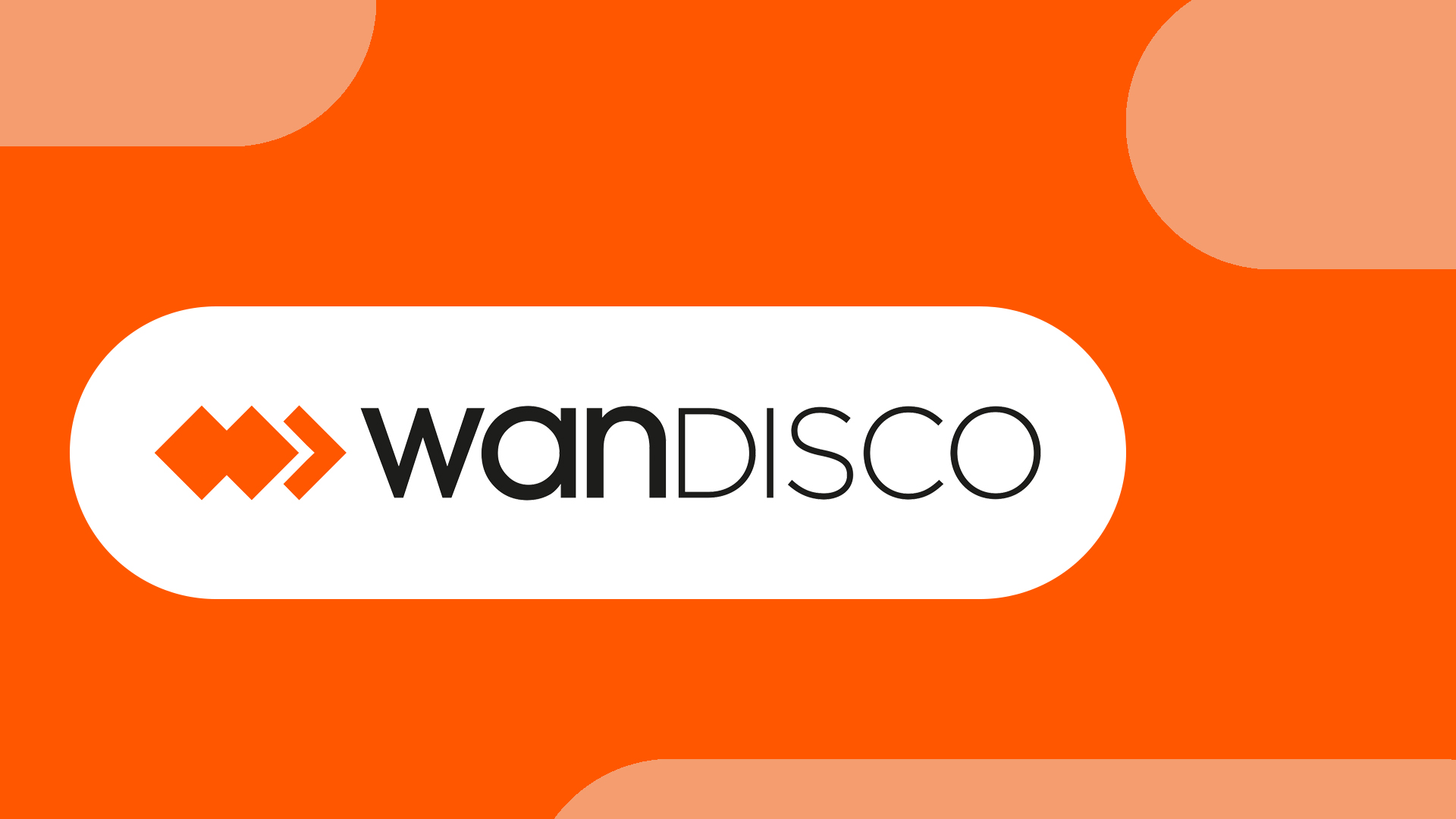How tech firms are responding to the UK's Digital Services Tax
It seems customers will feel the brunt of the new levy in most cases


Several months have passed since the 2% levy on the revenues of large tech firm’s came into force, and household names in the tech industry are now outlining how they plan to respond to the additional charge.
Former chancellor Philip Hammond surprised many when he first announced the Digital Services Tax (DST) in the October 2018 budget. The government, at the time, was hoping to counter the “unsustainable and unfair” tax practices of the biggest companies in the world, with the levy expected to raise £400 million per year.
Although the government has been replaced, and rumours are circulating that the DST might be dropped, the charge is nevertheless expected to remain in place for the foreseeable future. Liable companies, however, are responding in different ways – with some absorbing these costs, and others passing the charge directly to their partners and customers.
Google, for example, revealed this week that it will indeed slap a 2% ‘UK DST Fee’ onto invoices for advertising clients in the UK from 1 November. This is in line with the company’s wider response to the introduction of digital levies, with Austrian customers, for instance, also facing an extra 5% levy due to the government’s own tax.
The company is justifying the additional charge based on the increase to the cost of digital advertising the tax creates, a Google spokesperson told IT Pro, with these kinds of cost increases typically borne by customers.
It’s a similar approach to Amazon's, with its sellers facing a 2% rise across a number of different fees, including referral fees, fulfilment by Amazon (FBA) fees, monthly FBA storage fees, and multichannel fulfilment (MCF) fees. The extra charges, which were introduced on 1 September, would not be implemented retroactively, however.
The online auction platform eBay, by way of contrast, has declined to pass on the charges from the DST onto its sellers, suggesting its 300,000 sellers won’t be charged any additional new fees as a result of the levy.
Get the ITPro daily newsletter
Sign up today and you will receive a free copy of our Future Focus 2025 report - the leading guidance on AI, cybersecurity and other IT challenges as per 700+ senior executives
Facebook, meanwhile, has yet to make a decision as to how to handle the additional cost, with a spokesperson telling IT Pro the firm is continuing to assess the full impact of the law.
“At present, we don’t intend to pass on the costs of the Digital Services Tax incurred by Facebook to our UK customers,” the spokesperson said. “However, we will continue to review the impact of the DST and similar legislation being considered globally, which may affect our position in the future.”
Apple may indeed pass on the extra costs to its developers, based on adjustments to App Store prices in response to taxation changes in countries including Chile, Mexico, Saudi Arabia and Turkey, Apple Insider claims.
The company has advised developers of several tax changes affecting France, Germany, Italy, as well as the DST in the UK, with proceeds expected to be recalculated, according to a developer who published a company communication online. App Store prices, however, will not change as they have done in the aforementioned countries.
IT Pro approached Microsoft to ask whether it has made a concrete decision on how to respond to the additional charges, although the company is yet to respond. IT Pro also approached Twitter, with the social media platform declining to comment.

Keumars Afifi-Sabet is a writer and editor that specialises in public sector, cyber security, and cloud computing. He first joined ITPro as a staff writer in April 2018 and eventually became its Features Editor. Although a regular contributor to other tech sites in the past, these days you will find Keumars on LiveScience, where he runs its Technology section.
-
 Bigger salaries, more burnout: Is the CISO role in crisis?
Bigger salaries, more burnout: Is the CISO role in crisis?In-depth CISOs are more stressed than ever before – but why is this and what can be done?
By Kate O'Flaherty Published
-
 Cheap cyber crime kits can be bought on the dark web for less than $25
Cheap cyber crime kits can be bought on the dark web for less than $25News Research from NordVPN shows phishing kits are now widely available on the dark web and via messaging apps like Telegram, and are often selling for less than $25.
By Emma Woollacott Published
-
 How to empower employees to accelerate emissions reduction
How to empower employees to accelerate emissions reductionin depth With ICT accounting for as much as 3% of global carbon emissions, the same as aviation, the industry needs to increase emissions reduction
By Fleur Doidge Published
-
 Worldwide IT spending to grow 4.3% in 2023, with no significant AI impact
Worldwide IT spending to grow 4.3% in 2023, with no significant AI impactNews Spending patterns have changed as companies take an inward focus
By Rory Bathgate Published
-
 Report: Female tech workers disproportionately affected by industry layoffs
Report: Female tech workers disproportionately affected by industry layoffsNews Layoffs continue to strike companies throughout the tech industry, with data showing females in both the UK and US are bearing the brunt of them more so than males
By Ross Kelly Published
-
 How can small businesses cope with inflation?
How can small businesses cope with inflation?Tutorial With high inflation increasing the cost of doing business, how can small businesses weather the storm?
By Sandra Vogel Published
-
 How to deal with inflation while undergoing digital transformation
How to deal with inflation while undergoing digital transformationIn-depth How can organizations stave off inflation while attempting to grow by digitally transforming their businesses?
By Sandra Vogel Published
-
 How businesses can use technology to fight inflation
How businesses can use technology to fight inflationTUTORIAL While technology can’t provide all the answers to fight rising inflation, it can help ease the pain on businesses in the long term
By Sandra Vogel Published
-
 Embattled WANdisco to cut 30% of workforce amid fraud scandal
Embattled WANdisco to cut 30% of workforce amid fraud scandalNews The layoffs follow the shock resignation of the company’s CEO and CFO in early April
By Ross Kelly Published
-
 Some Tech Nation programs could continue after Founders Forum acquisition
Some Tech Nation programs could continue after Founders Forum acquisitionNews The acquisition brings to a close a months-long saga over what the future holds for Tech Nation initiatives
By Ross Kelly Published